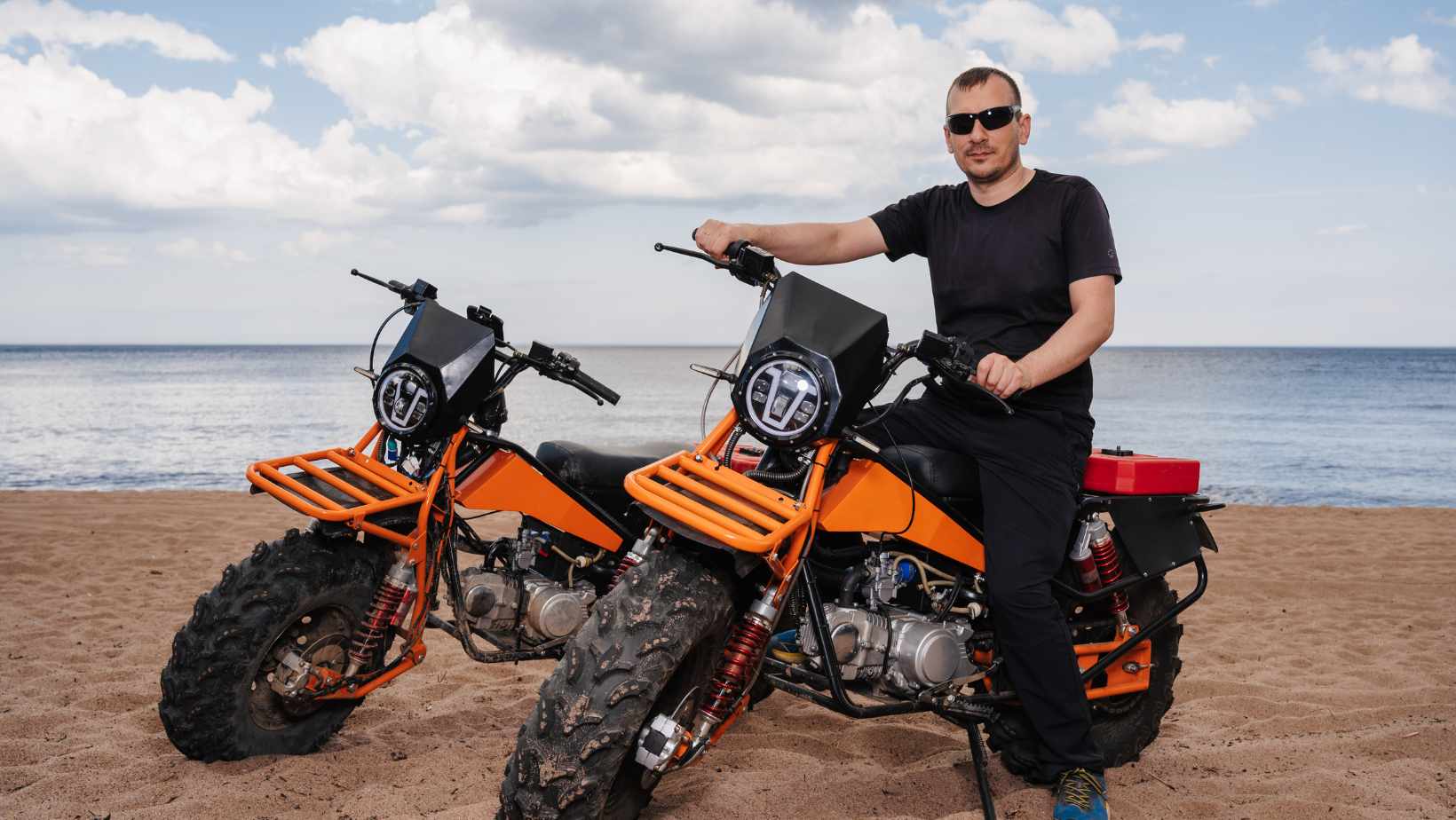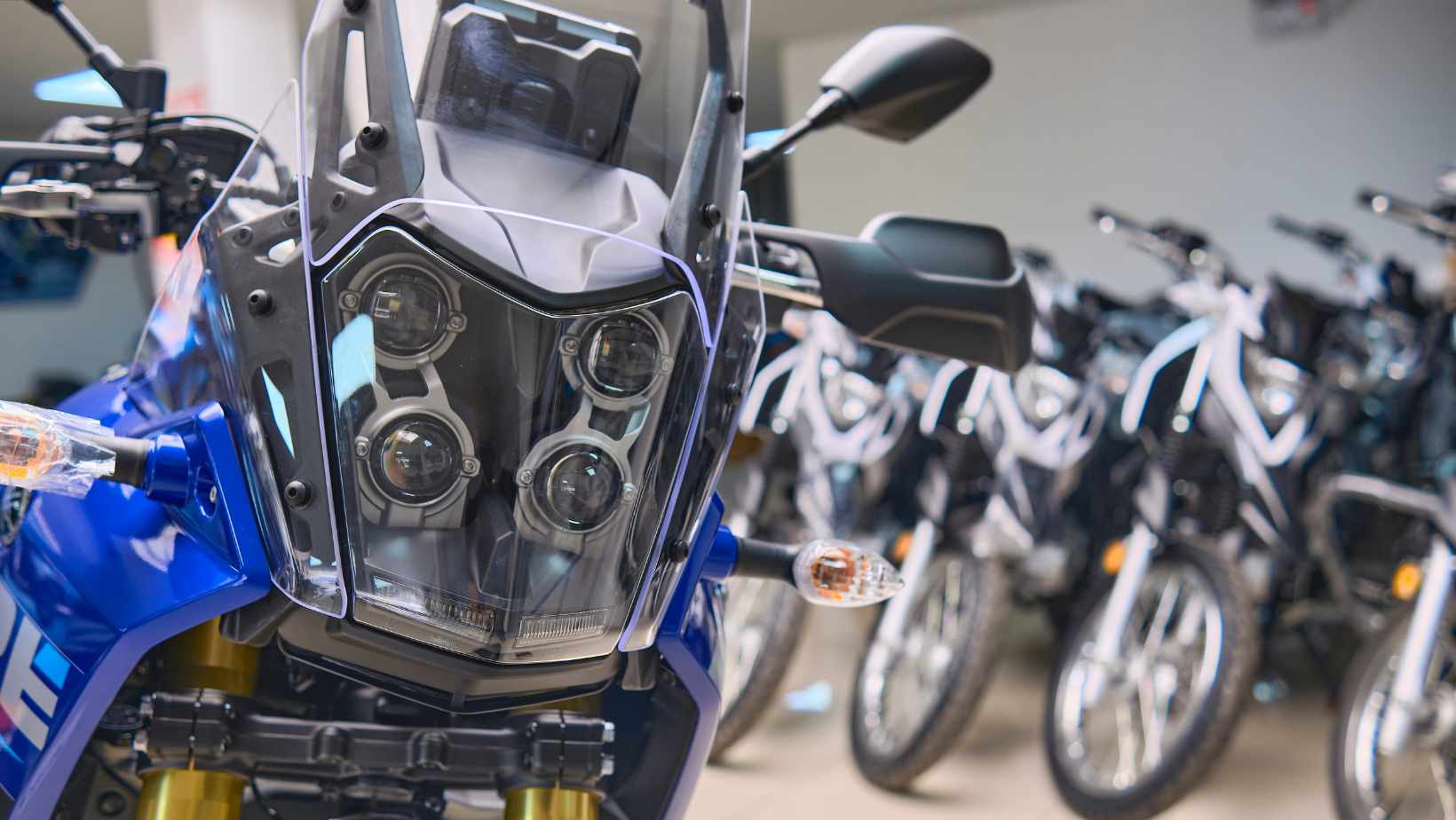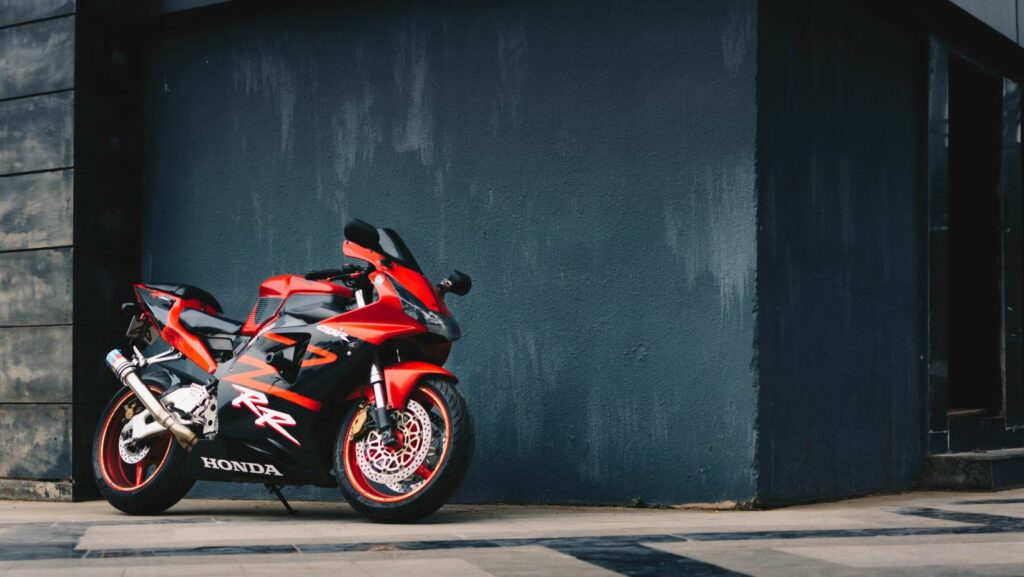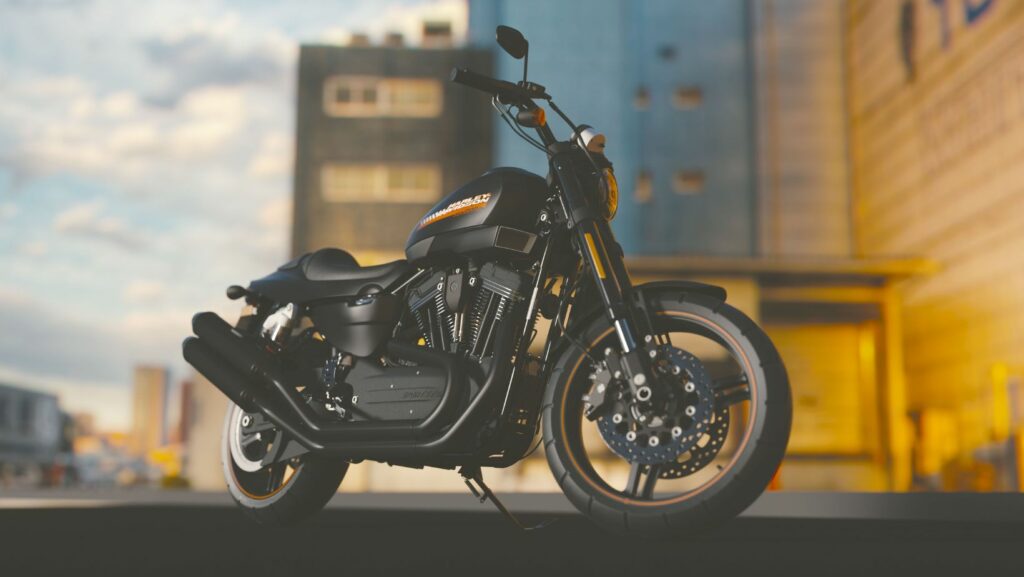
As an expert in the automotive industry, I’ll delve into the topic of Honda Motorcycle Production Delays 2022. It’s important to address this issue head-on as it has been a cause of concern for motorcycle enthusiasts and potential buyers alike. The production delays faced by Honda in 2022 have raised questions about their ability to meet the demand and deliver motorcycles on time.
Honda, known for its reliable and high-quality motorcycles, has encountered unexpected challenges that have led to these production delays. While the exact reasons behind these delays may vary, factors such as supply chain disruptions, component shortages, or even workforce issues could be contributing to this setback.
Honda Motorcycle Production Delays 2022
Shortage of Raw Materials
One of the key factors contributing to the production delays in Honda motorcycles for 2022 is the shortage of raw materials. As global supply chains continue to recover from the disruptions caused by the COVID-19 pandemic, many industries are facing challenges in sourcing essential components and materials. This shortage directly impacts the manufacturing process, leading to delays in production.
The motorcycle industry heavily relies on various raw materials such as steel, aluminum, plastics, and electronic components. With increased demand and limited availability, manufacturers like Honda are encountering difficulties in securing an adequate supply of these essential materials. This scarcity not only hampers their ability to meet production targets but also affects overall efficiency.
Logistical Challenges in Transportation
Another significant factor contributing to the production delays is logistical challenges in transportation. The motorcycle manufacturing process involves a complex network of suppliers, warehouses, distribution centers, and dealerships across different regions and countries. Disruptions or inefficiencies at any stage can cause bottlenecks that slow down the entire process.
In recent times, transportation has faced its fair share of challenges due to various factors such as congestion at ports, shortage of shipping containers, and fluctuations in fuel prices. These issues have made it increasingly difficult for manufacturers like Honda to ensure timely delivery of parts and finished motorcycles.
To mitigate these challenges, Honda is closely monitoring logistics operations and collaborating with partners to optimize supply chain management. Efforts are being made to streamline processes and minimize potential disruptions that can impact production timelines.

Collaboration With Suppliers to Overcome Honda Motorcycle Production Delays 2022
As I delve into the topic of Honda Motorcycle Production Delays in 2022, it’s important to highlight the crucial role that collaboration with suppliers plays in overcoming these manufacturing challenges. In this section, I’ll shed light on how Honda has been working closely with its suppliers to address and mitigate production delays, ensuring a smoother operation and timely delivery of motorcycles to customers.
- Enhancing Communication Channels: Honda recognizes that effective communication is key when it comes to resolving production delays. To foster better collaboration with suppliers, they have implemented streamlined communication channels that enable swift information exchange. This allows for quick identification of potential bottlenecks or issues in the supply chain, facilitating proactive measures to resolve them promptly.
- Sharing Production Forecasts and Demand Data: To help suppliers align their production capacities with market demand, Honda provides them with accurate production forecasts and demand data. By sharing this valuable information, suppliers can optimize their operations and adjust their manufacturing schedules accordingly. This ensures a more synchronized and efficient supply chain process, minimizing delays caused by discrepancies between supply and demand.
- Implementing Continuous Improvement Initiatives: Recognizing the need for ongoing improvement within the manufacturing process, Honda collaborates closely with its suppliers to identify areas of improvement and implement necessary changes. Through regular meetings and feedback sessions, both parties work together to enhance efficiency at every stage of production – from sourcing raw materials to final assembly. By continuously refining processes and eliminating inefficiencies, they strive for continuous improvement in meeting production targets.
- Proactive Risk Management: In an ever-changing business landscape, unforeseen events can disrupt supply chains and lead to production delays. To mitigate such risks proactively, Honda engages in collaborative risk management practices with its suppliers. They jointly assess potential risks such as natural disasters or geopolitical uncertainties that could impact the supply chain continuity. By identifying vulnerabilities early on, they can develop contingency plans and alternative sourcing strategies to minimize the impact of disruptions.
In conclusion, Honda’s collaboration with suppliers is instrumental in addressing production delays in their motorcycle manufacturing process for 2022. Through effective communication, shared data, continuous improvement initiatives, proactive risk management practices, and strong supplier relationships, Honda strives to overcome challenges and deliver motorcycles to customers in a timely manner. This collaborative approach demonstrates Honda’s commitment to providing high-quality products while maintaining customer satisfaction even amidst manufacturing hurdles.
Table: None



